Thomas Bjorn Agrees With Harrington That Rangefinders Should Be Used In All Tournaments
The European Ryder Cup winning captain has given his take on the use of rangefinders on the PGA Tour.
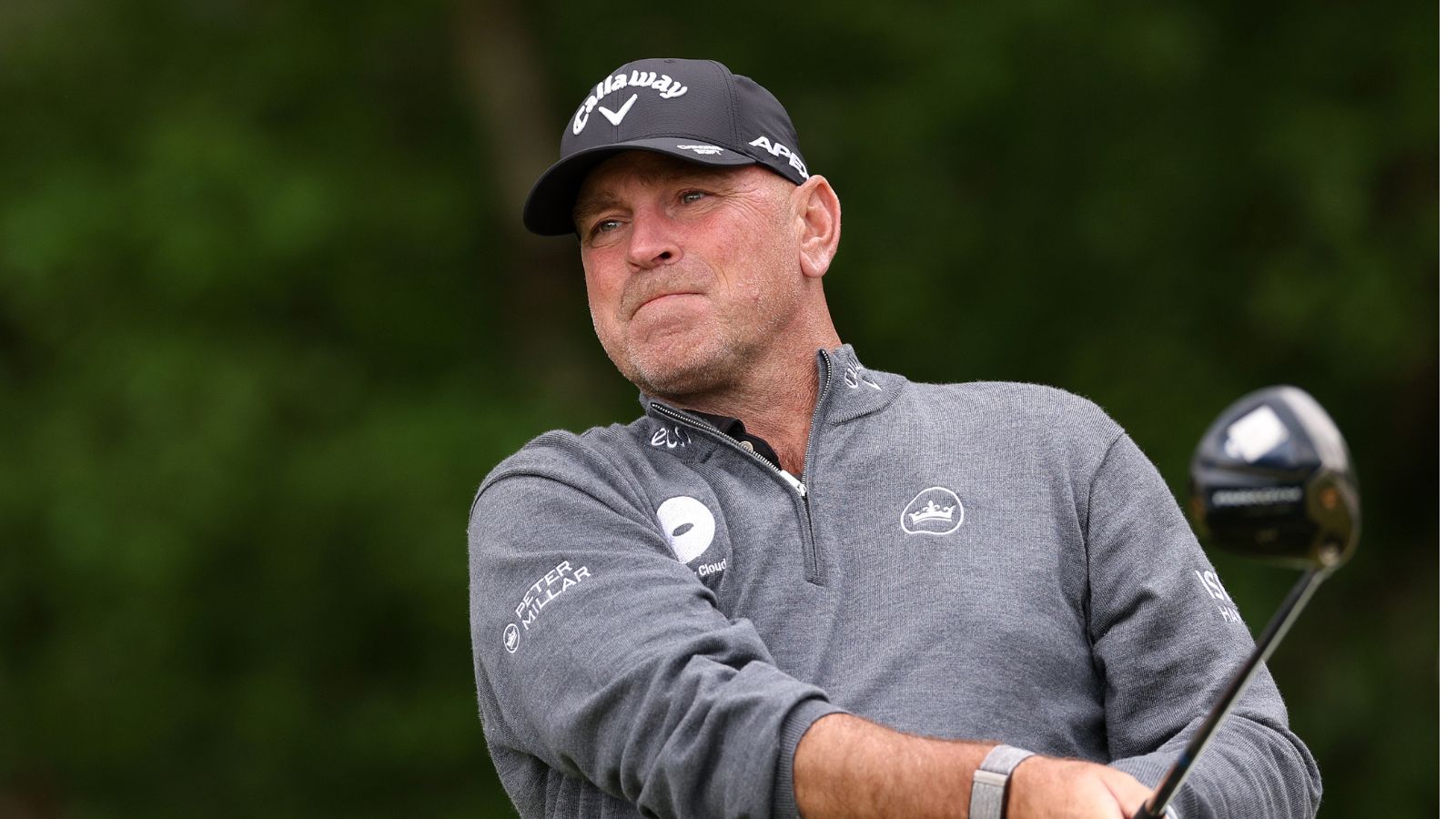
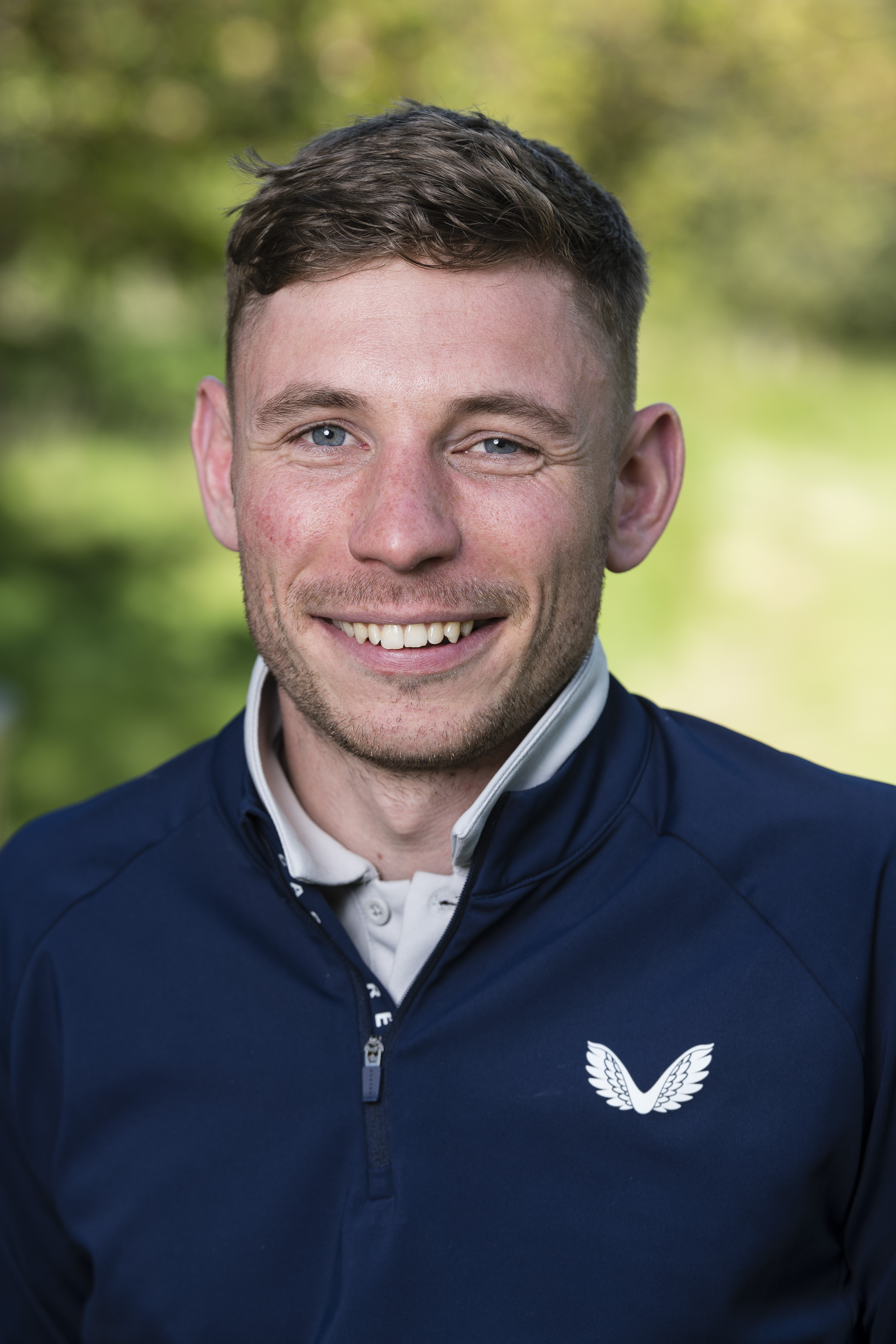
Thomas Bjorn believes rangefinders could help to stop slow play on the PGA Tour and at the Majors.
Recently, several players including Patrick Cantlay and Scottie Scheffler have been slammed for taking too much time on the golf course.
Cantlay was heavily criticised following this year's Masters, with Brooks Koepka, who was playing in the group behind him on the final day, hitting out at the 2021 FedEx Cup champion for the amount of time he took to complete his round.
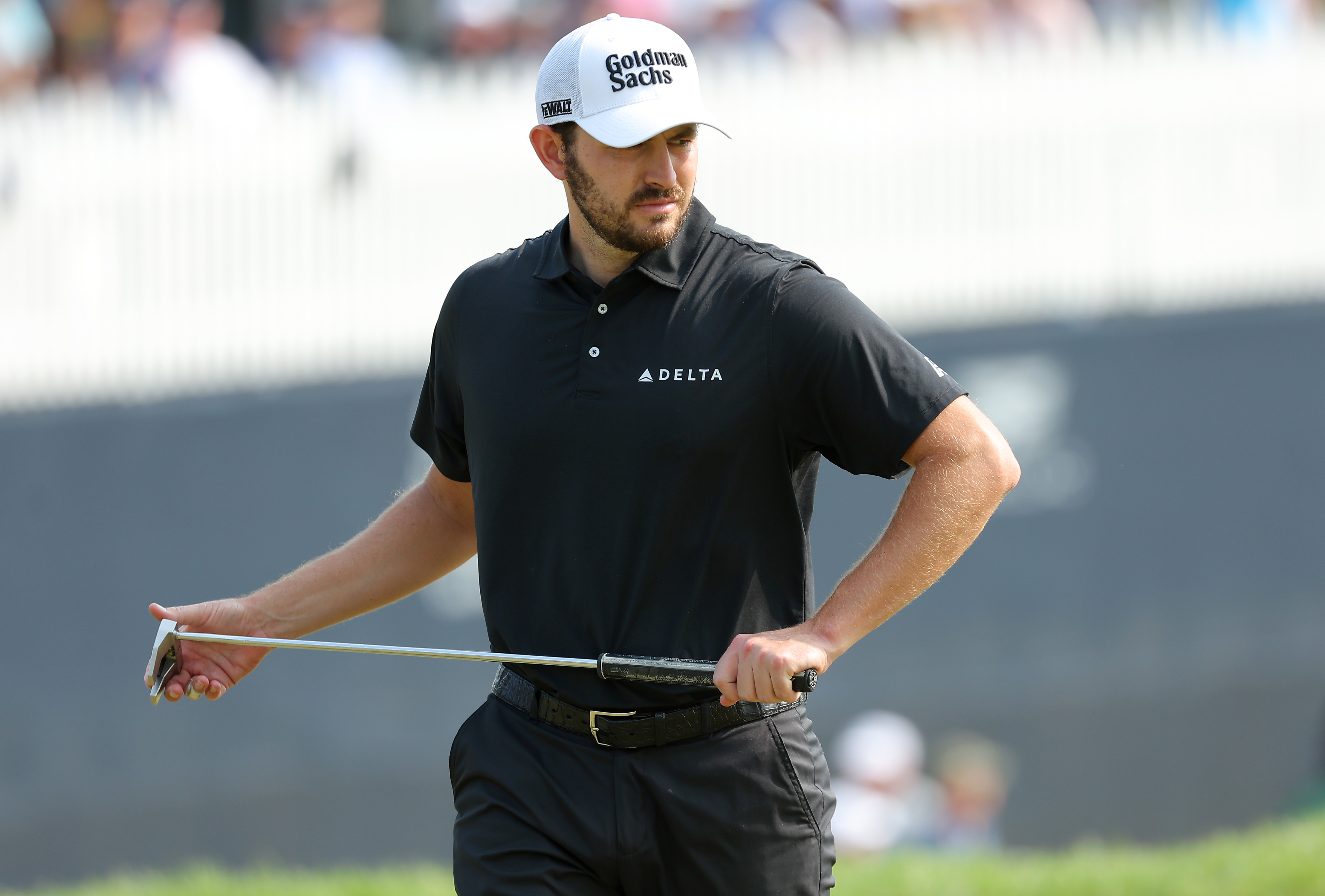
Patrick Cantlay has been criticised for slow play on multiple occasions this season including at the Masters.
World No 1, Scheffler was also recently rebuked for taking over five minutes to hit a shot at the PGA Championship.
Rangefinders are currently prohibited on the PGA Tour, the DP World Tour, the Masters, the US Open and the Open Championship, but golf fans may have seen some players using DMDs at this month's PGA Championship.
That's because back in 2021 the PGA of America decided to lift the ban on rangefinders at the event, in order to improve the flow of play around the course, and it seems some players believe they should be used in all events.
Yesterday, three-time Major winner Padraig Harrington took to Twitter to call on golf's governing bodies to allow players to use the distance measurement tools in all tournaments.
Get the Golf Monthly Newsletter
Subscribe to the Golf Monthly newsletter to stay up to date with all the latest tour news, equipment news, reviews, head-to-heads and buyer’s guides from our team of experienced experts.
"After using a rangefinder for the last 2 weeks [at the] PGA Championship and the Senior PGA Championship, I’ve come round to believing that we should use them in all tournaments," the Irishman said.
"They really help with pace of play when players are out of position with an awkward yardage."
His comments were then echoed by Bjorn who, despite being initially unsure over their use, wrote: "I agree with this. I was sceptical but it works…"
I agree with this 👇I was sceptical but it works…@DPWorldTour @PGATOUR @RandA @USGA https://t.co/t57nPPX73oMay 30, 2023
Their opinions have attracted some reaction from Twitter users, too, with many agreeing that golf needs to implement new rules that can help ensure the game flows better.
One Twitter user wrote in the comments: "Anything to help the pace of play."
While another added: "The range finder plus yardage books is a perfect combo. For sure it will help with the pace of play. This should have been implemented a long time ago."
Devices conforming to Rule 4.3a (1) are allowed at the PGA Championship. It says:
Rule 4.3a (1) Distance and Directional Information.
- Allowed: Getting information on distance or direction (such as from a distance-measuring device or compass).
- Not Allowed: Measuring elevation changes, or Interpreting distance or directional information (such as using a device to get a recommended line of play or club selection based on the location of the player's ball).

Padraig Harrington (right) believes rangefinders should be used throughout the PGA Tour and at the Majors.
Some of the best golf rangefinders have slope settings on them, but players are not allowed to utilise these elevation measurement features during the tournament.
Rangefinders are also allowed at the KPMG Women's PGA Championship and while it can be argued that they do assist players to make judgements on their distances, they certainly can stop the bane that is slow play, by giving players fast and accurate distances to their targets, enabling them to play their shot quicker.

Ed has been playing golf for as long as he can remember and is obsessive about the sport. He is regularly sought after by family members and friends for advice on what equipment to buy and uses his background, having written extensively on golf in the past, to produce equipment orientated content for Golf Monthly.
Having obtained a Masters in Law with Medicine from the University of Liverpool, Ed has recently changed paths into journalism and just last year achieved his NCTJ Sports Journalism Diploma with the Press Association.
He has written for a variety of media outlets over the years and has interviewed some big names in sport, including Premier League managers, All Blacks Coaches and Grand Slam tennis superstars. He has also worked on some huge sporting events, including the 2021 Australian Open and the 2022 FIFA World Cup. And when he's not writing for Golf Monthly, you'll find him producing news and feature articles for the MailOnline's sports desk, where he covers everything from football to rugby union.
During his weekends off, you'll likely find Ed heading out for a round at one of his local golf clubs with his friends, and was, up until recently, a member at the Leatherhead Golf Club in Surrey. Ed also plays the saxophone, can tell you some pretty terrible dad jokes and can knock up a very tasty carbonara!
-
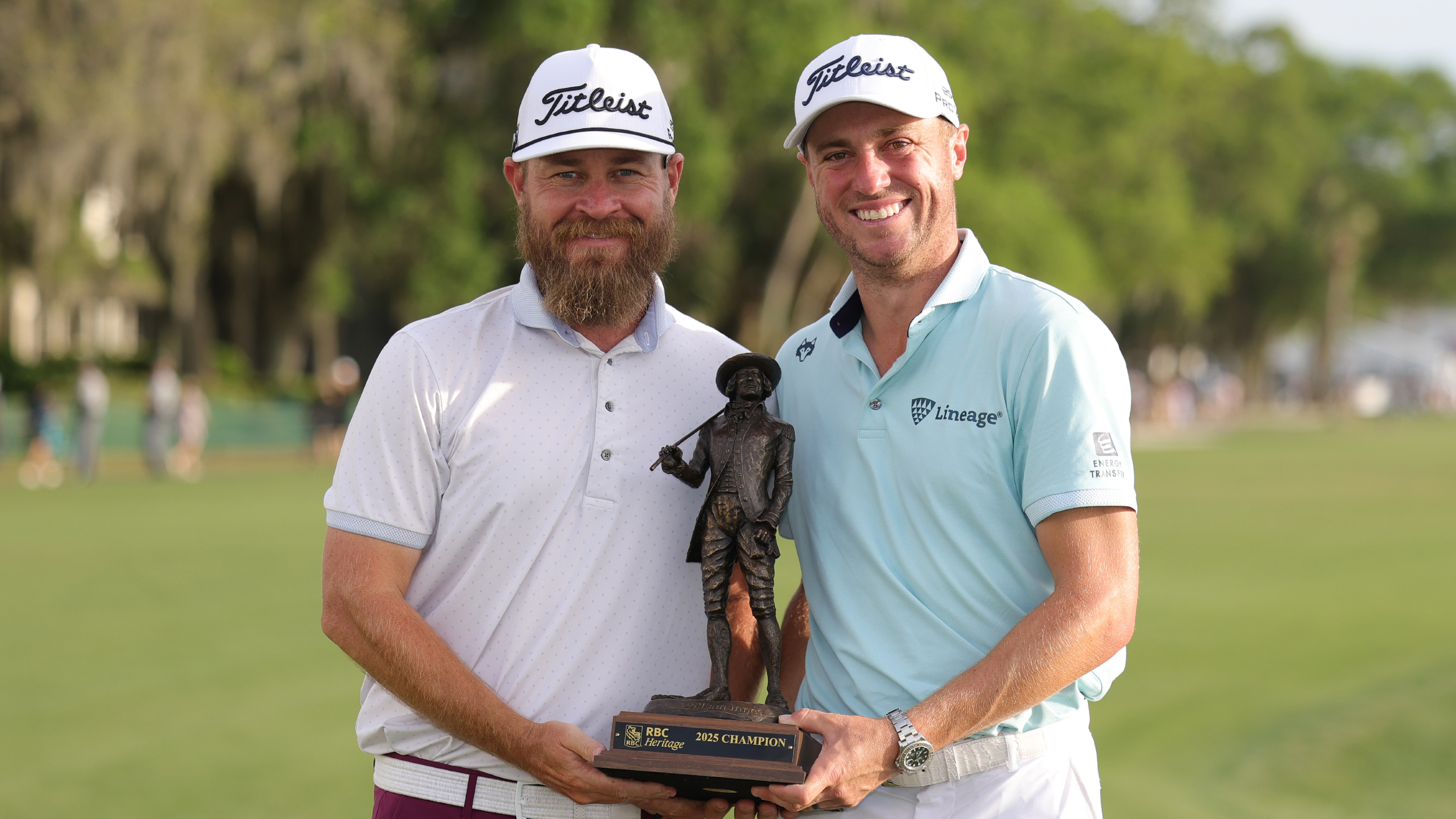 Two Weeks After Parting Ways With Max Homa, Caddie Joe Greiner Claims $360,000 Payday Alongside Justin Thomas
Two Weeks After Parting Ways With Max Homa, Caddie Joe Greiner Claims $360,000 Payday Alongside Justin ThomasJoe Greiner is caddying for Justin Thomas on a temporary basis, and the player’s win at the RBC Heritage has already secured him a big payday
By Mike Hall
-
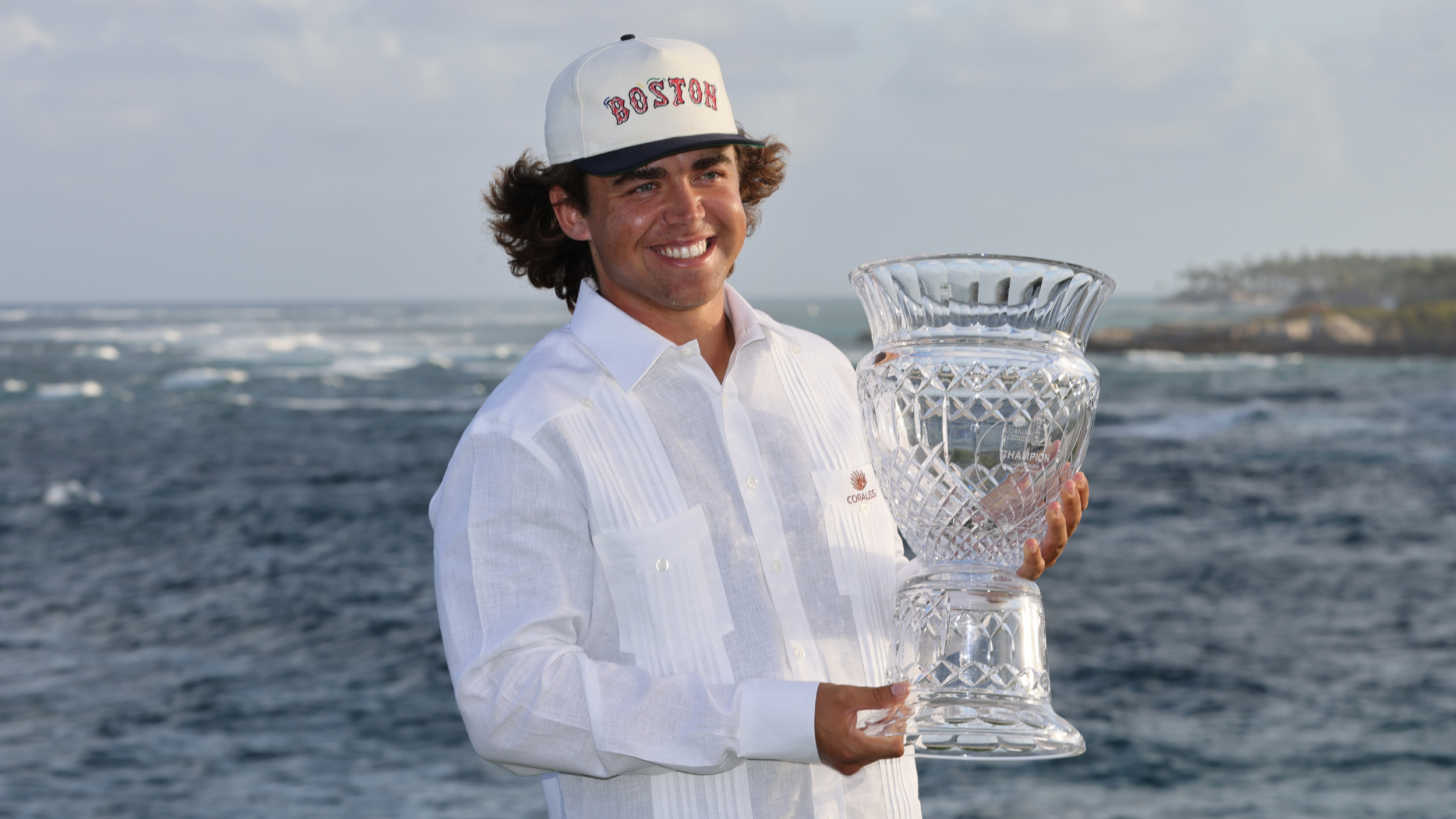 Garrick Higgo Wins Corales Puntacana Championship After Late Joel Dahmen Collapse
Garrick Higgo Wins Corales Puntacana Championship After Late Joel Dahmen CollapseThe South African claimed his second PGA Tour title after Joel Dahmen bogeyed the final three holes in the Dominican Republic
By Mike Hall
-
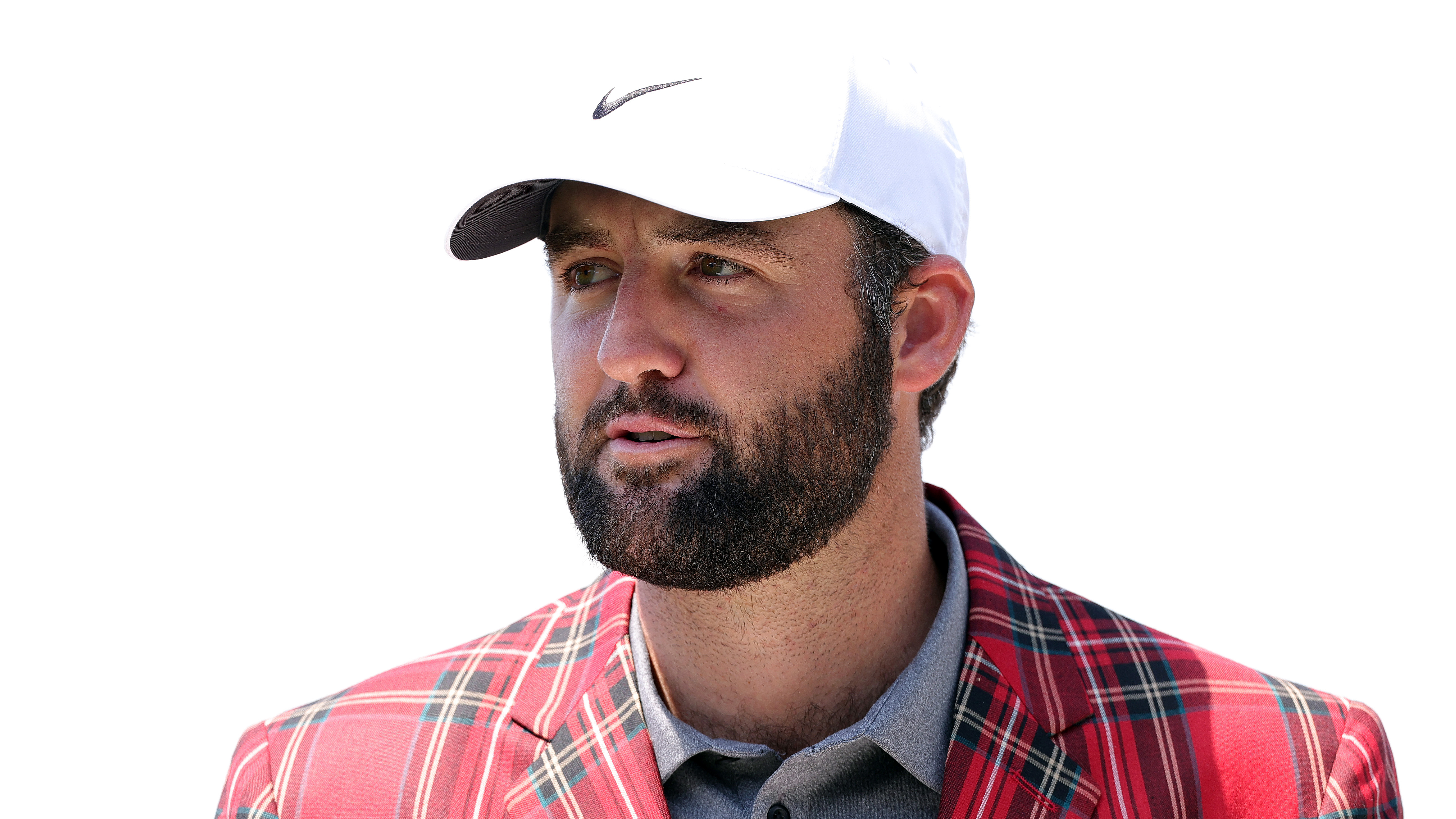 Will Rangefinders Significantly Help The PGA Tour's Slow Play Issue? Scottie Scheffler Says No, But He Knows What Will...
Will Rangefinders Significantly Help The PGA Tour's Slow Play Issue? Scottie Scheffler Says No, But He Knows What Will...Rangefinders will be allowed in a PGA Tour event for the first time at this week's RBC Heritage, but Scheffler isn't convinced they will speed up play that much
By Jonny Leighfield
-
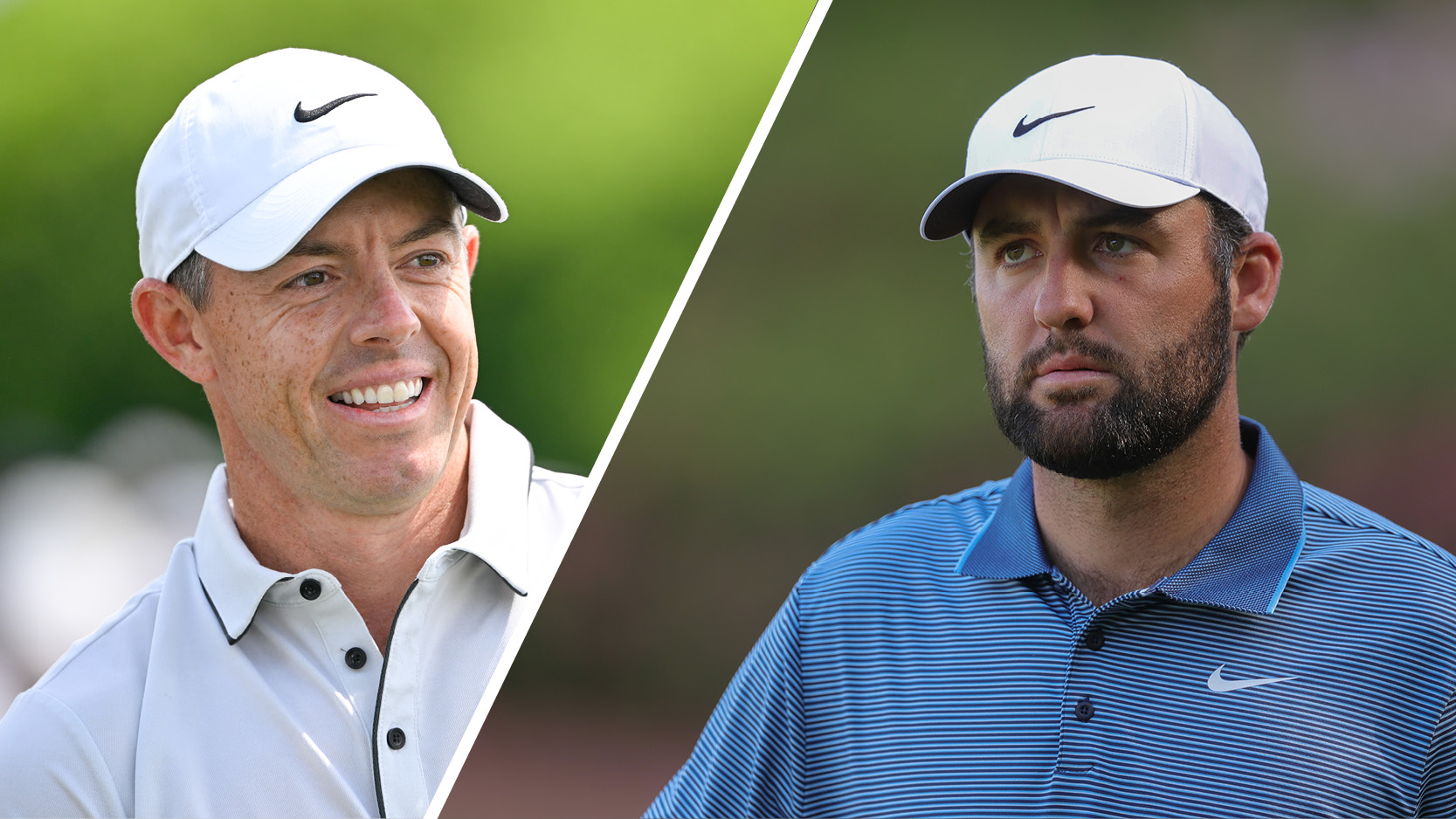 Rory McIlroy Has Referenced Scottie Scheffler So Often In Recent Months… Is He Now Finally Ready To Surpass Him?
Rory McIlroy Has Referenced Scottie Scheffler So Often In Recent Months… Is He Now Finally Ready To Surpass Him?For several months, Rory McIlroy revealed how he was aiming to be more like Scottie Scheffler in 2024 - and it now appears as though the World No.2 is doing it
By Jonny Leighfield
-
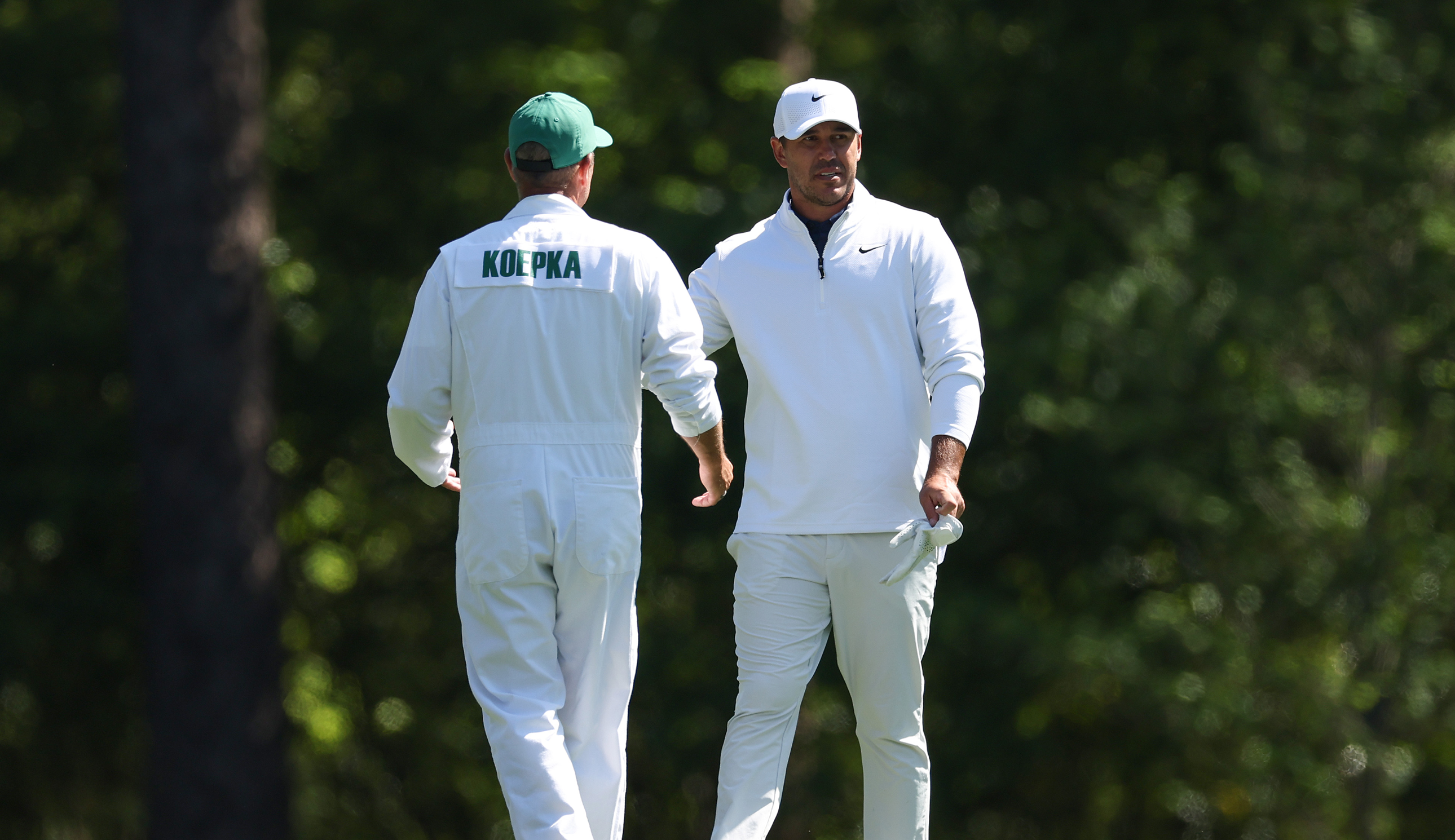 Brooks Koepka Confirms Driver Switch Ahead Of The Masters
Brooks Koepka Confirms Driver Switch Ahead Of The MastersThe five-time Major winner heads in to Augusta National as one of the favorites, but revealed he had changed his driver following LIV Golf Miami last week
By Matt Cradock
-
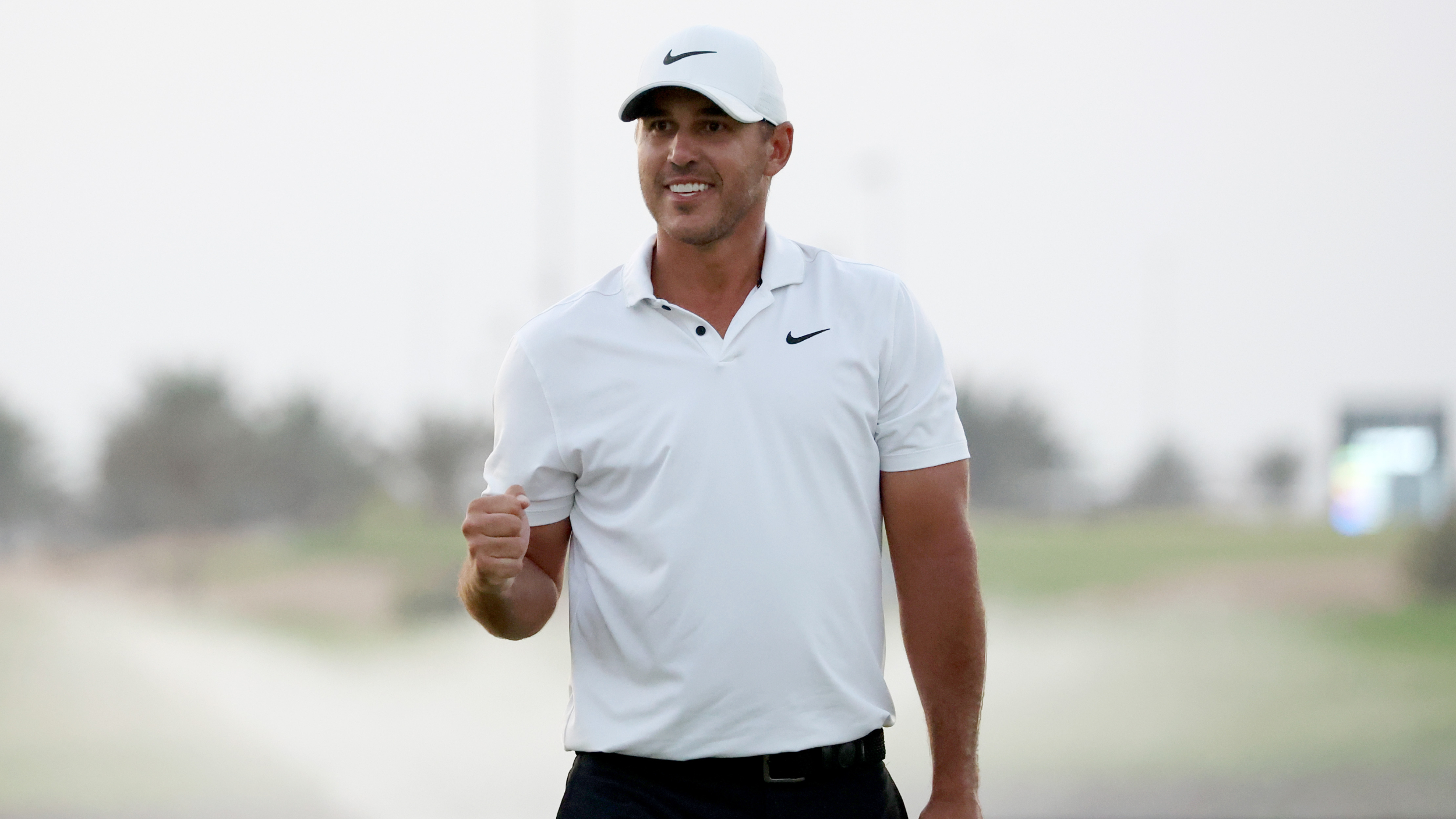 Koepka Reveals Which Two PGA Tour Events He’d Be ‘Open’ To Playing In Again
Koepka Reveals Which Two PGA Tour Events He’d Be ‘Open’ To Playing In AgainAlthough there's no sign of it happening anytime soon, Brooks Koepka has named the two tournaments he'd like to play in if allowed back on the PGA Tour
By Paul Higham
-
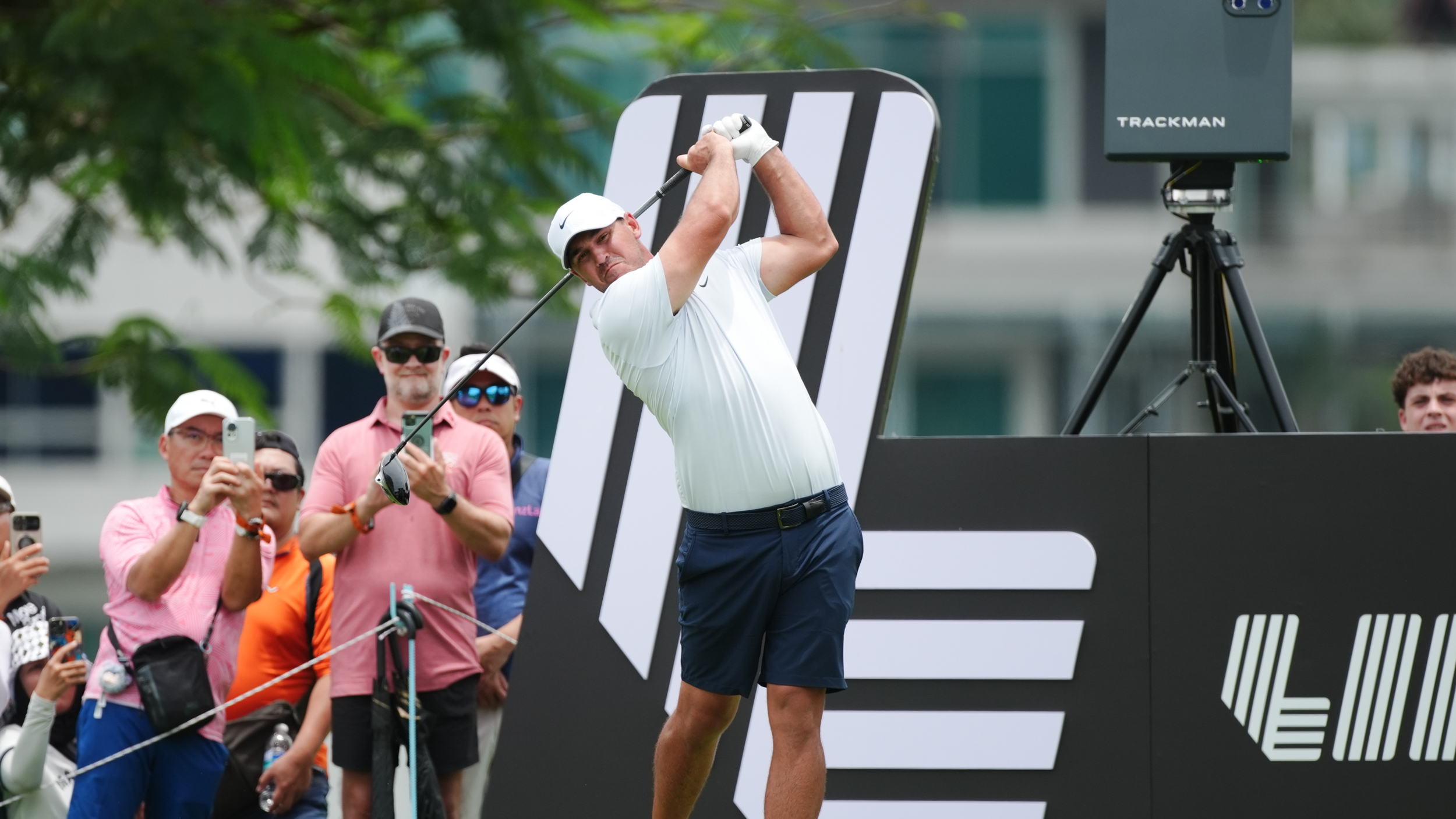 'I Think We All Hoped It Would Have Been A Little Further Long, And That's No Secret' - Brooks Koepka's Echoes Recent Tough Love Towards LIV Golf
'I Think We All Hoped It Would Have Been A Little Further Long, And That's No Secret' - Brooks Koepka's Echoes Recent Tough Love Towards LIV GolfThe five-time Major champion said progress is being made with the PIF-backed circuit after stating it was "quite far behind" its rivals on The Joe Pomp Show
By Jonny Leighfield
-
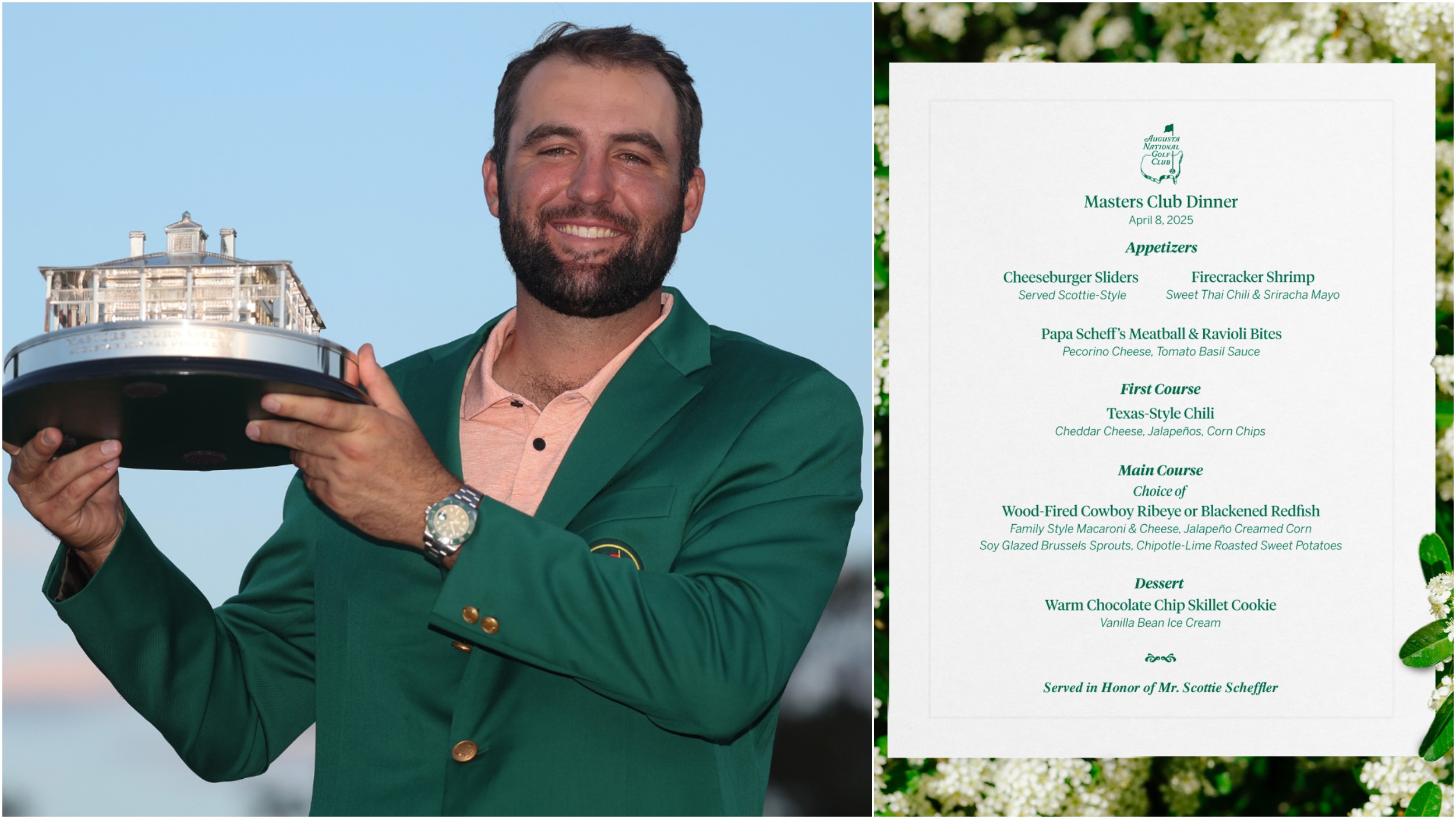 What's A 'Scottie Style' Cheeseburger? Scheffler Explains Masters Champions Dinner Menu...Including The Dish He Injured His Hand Making On Christmas Day
What's A 'Scottie Style' Cheeseburger? Scheffler Explains Masters Champions Dinner Menu...Including The Dish He Injured His Hand Making On Christmas DayScottie Scheffler ran through his second Masters Champions Dinner selections - including his very particular way of eating cheeseburgers
By Paul Higham
-
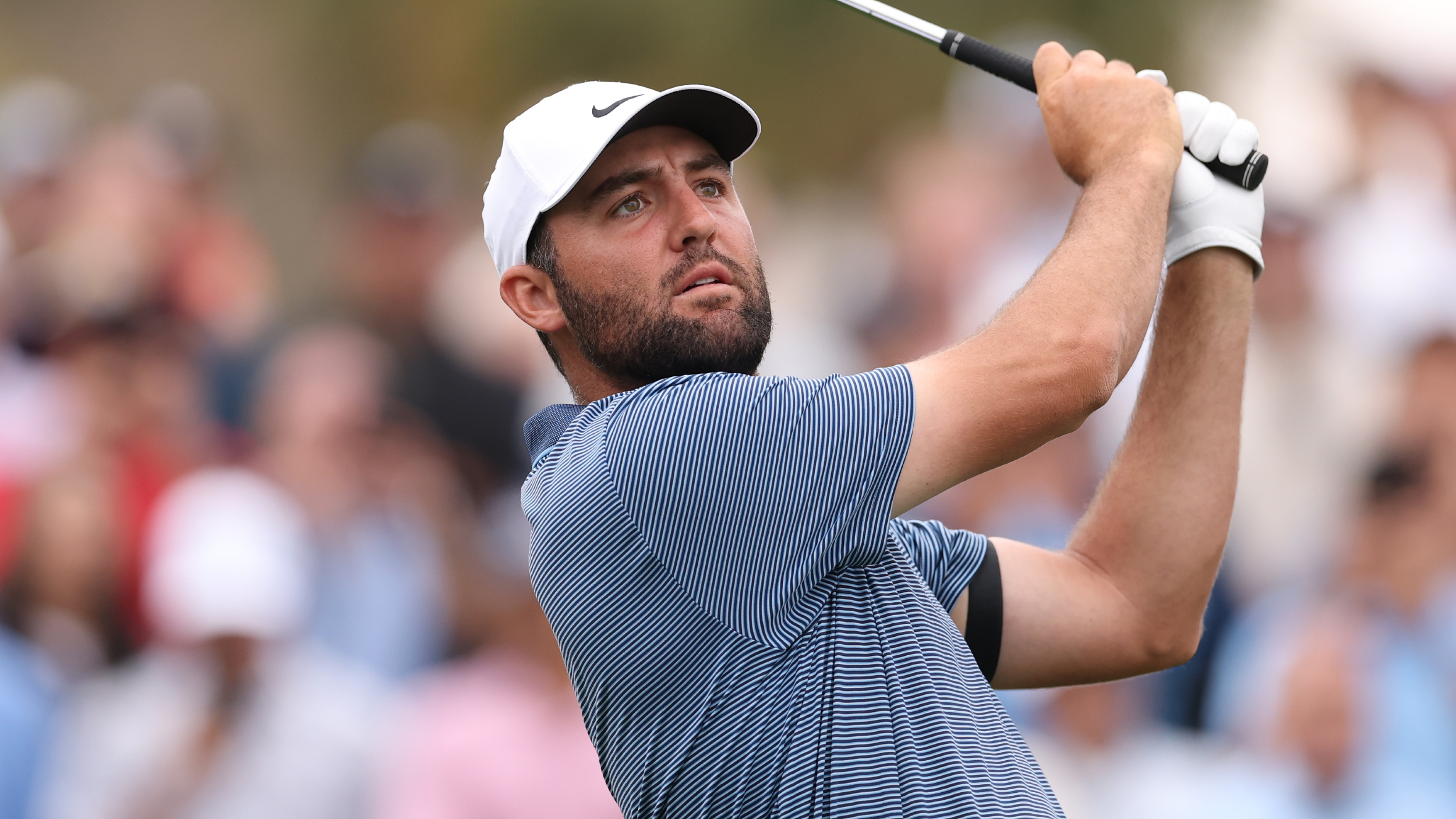 'If We Want To Figure Out Why The Game Of Golf Is Not Back Together, Go Ask Those Guys' - Scottie Scheffler Insists LIV Golfers To Blame For Golf's Big Divide
'If We Want To Figure Out Why The Game Of Golf Is Not Back Together, Go Ask Those Guys' - Scottie Scheffler Insists LIV Golfers To Blame For Golf's Big DivideScottie Scheffler reiterated his stance that LIV golfers were to blame for the continued split in men's pro golf, while insisting the PGA Tour still had a better standard
By Paul Higham
-
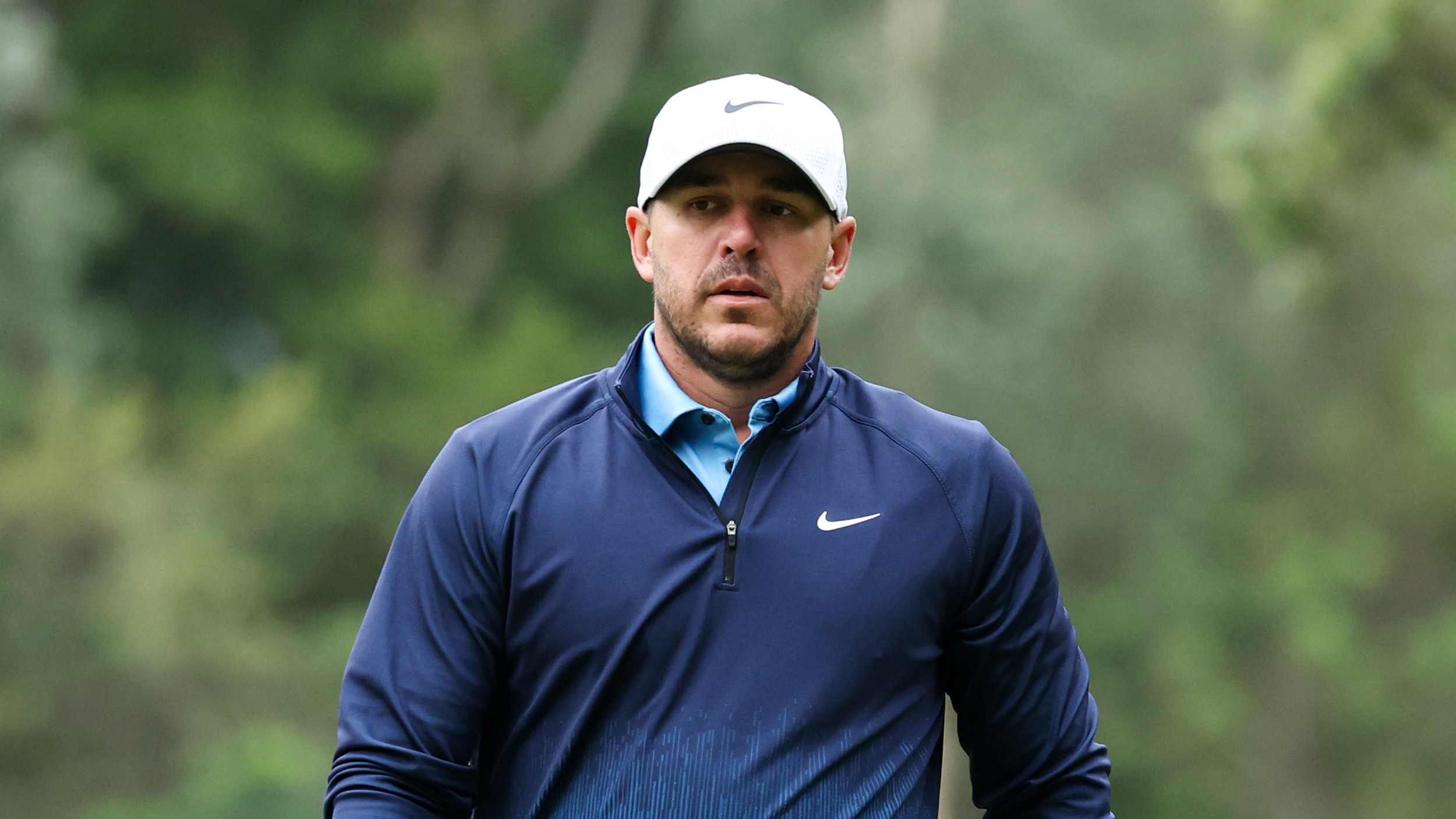 Brooks Koepka Addresses PGA Tour Return Rumors
Brooks Koepka Addresses PGA Tour Return RumorsThe LIV player responded questions about a potential PGA Tour return following comments from Fred Couples who said he felt Koepka "wants to come back"
By Jonny Leighfield